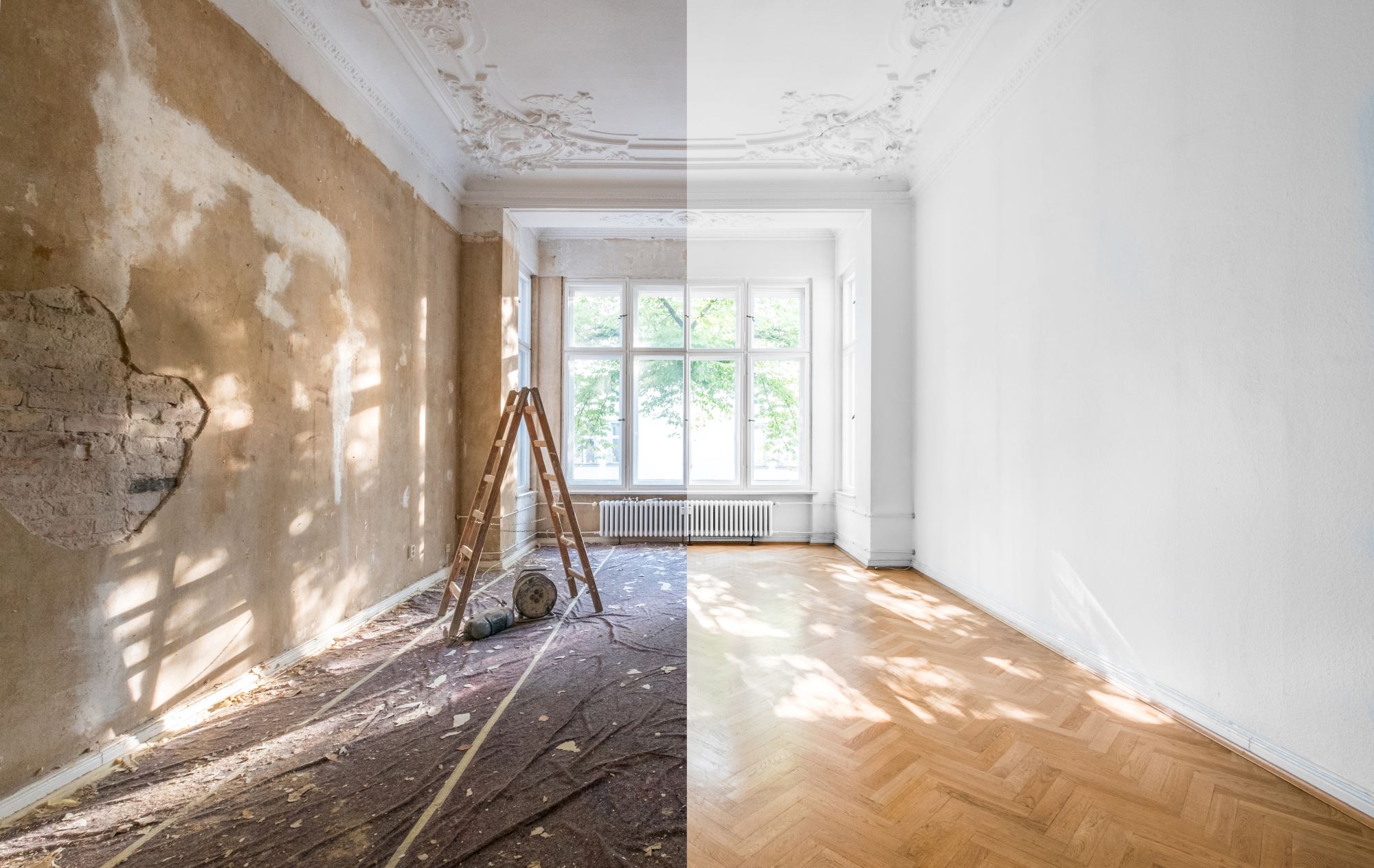When you’re planning to expand your home, it’s easy to get caught up in the excitement of designing new spaces and envisioning the final result. However, an essential and often less glamorous aspect of home remodeling and renovation is navigating the realm of permits and regulations. Understanding whether you need permits for a home addition is critical as it can have significant implications on the legality, safety, and value of your property. This guide will delve into why permits are necessary, the role of home addition contractors in obtaining them, and the value of consulting remodeling contractor reviews during your project.
The Importance of Permits in Home Additions
Building permits are official approvals issued by local government agencies that allow you to proceed with construction projects. They are required for most home additions and are essential for several reasons:
Safety: Permits ensure that the proposed construction adheres to established safety standards, which helps to protect you, your family, and future occupants or owners of the property.
Legal Compliance: Permits verify that your project complies with local zoning laws, building codes, and ordinances, which dictate everything from structural integrity to zoning and land use.
Property Value: Legally permitted work can enhance the value of your home. Conversely, unpermitted additions may cause issues when selling the property, potentially leading to fines, forced removal of the addition, or difficulties in closing a sale.
Insurance: Work done without the necessary permits might not be covered by your homeowner’s insurance policy. If an unpermitted addition causes damage or loss, you may be liable for the costs.
When Permits are Required
Permits are typically required for structural, electrical, plumbing, and mechanical work. This encompasses most home addition projects, including but not limited to:
- Building a second story or new room
- Expanding the footprint of your house
- Adding a garage, balcony, or deck
- Altering the home’s existing structure
- Installing new windows where there were none
However, minor renovations like painting, replacing flooring, or updating fixtures often do not require a permit. It’s crucial to check with your local building department to determine the specific requirements for your project.
The Role of Home Addition Contractors
Home addition contractors are your frontline allies in the permit process. Experienced contractors understand the complexities of local building codes and are equipped to handle the permit application process on your behalf. Here’s how they can help:
Pre-Assessment: Contractors can provide a pre-assessment of your project to advise on whether permits are needed based on the scope of work.
Documentation: They prepare and submit the necessary documentation, which may include detailed blueprints, floor plans, and engineering studies.
Inspections: Contractors coordinate required inspections to ensure the work complies with the permit specifications.
Experience: Skilled contractors can navigate the bureaucracy efficiently due to their experience with similar projects and familiarity with local building officials.

Choosing the Right Contractor
A critical step in your home addition journey is selecting the right contractor. This is where researching remodeling contractor reviews becomes invaluable. Reviews can offer insights into the contractor’s track record with permitting issues, adherence to code, and overall quality of work. Look for reviews that specifically mention the handling of permits, as this can indicate a contractor’s competency in managing legal requirements. It’s also a good idea to discuss past projects with the contractor to understand their approach to compliance and permitting.
Understanding Local Requirements
Permit requirements vary by location and the specifics of the project. In some areas, even minor changes can require a permit. Therefore, familiarizing yourself with the local regulations or working with knowledgeable home addition contractors who understand these nuances is essential.
The Application Process
Obtaining a permit typically involves several steps, which may include:
Initial Consultation: Discuss your project with a representative from the local building department to understand the requirements.
Professional Assessment: Engaging architects or engineers if your project requires professional input.
Application Submission: Fill out and submit the permit application along with required plans and documentation.
Review Process: Waiting for the review process to be completed, which may involve revisions to your plans to meet code requirements.
Permit Approval: Once approved, you’ll receive the permits needed to legally start construction.
The Consequences of Skipping Permits
Skipping the permit process can lead to numerous problems:
Stop Work Orders: Building without a permit can lead to stop work orders from the local government, which halt construction until proper permits are obtained.
Fines and Legal Action: Homeowners can face fines and legal action for non-compliance with building codes and permit requirements.
Complications with Future Sales: Selling a home with unpermitted work can be challenging. Prospective buyers may require that the work be legally permitted and inspected before purchase, or they may request a reduction in the sale price.
Retrofitting: If unpermitted work does not meet current codes, you may be required to retrofit the addition at additional cost.
Long-term Considerations
The permitting process may seem burdensome, but it’s an investment in the long-term safety and viability of your home addition. Properly permitted work ensures that your addition is built to last, conforms to energy efficiency and sustainability standards, and maintains the integrity of your home’s design.
In conclusion, the necessity of permits in home remodeling and renovation cannot be understated. While the process may seem daunting, home addition contractors play a critical role in navigating these waters, ensuring that your project meets all legal requirements and is completed without unnecessary hiccups. Thoroughly reviewing remodeling contractor reviews can lead you to a professional who will respect the permit process and execute your project with diligence and expertise.
Remember, the permit process is in place to protect you and your investment. By understanding the need for permits and choosing a competent contractor, you’re laying the groundwork for a successful and compliant home addition that will enhance your living space and potentially increase your home’s market value.

